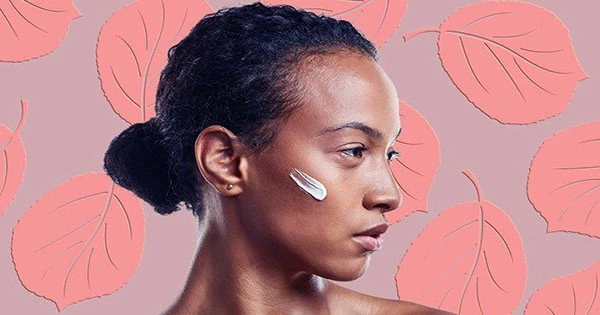The sun may be extremely harmful to the skin and has the ability to harm our cells, which can result in some types of cancer. Thankfully, as a species, we have developed creams that can block off the majority of dangerous radiation, but how effective are they? Extremely, according to one 92-year-face old’s and neck.
The photo, which depicts the face and neck of a 92-year-old woman who reportedly only applied UV-protective moisturizer on her face but not her neck, was published in the Journal of The European Academy of Dermatology and Venereology. The visual UV damage is dramatically different as a result.
The ability of ultraviolet (UV) radiation to penetrate our skin’s layers and harm our cells can cause sun exposure to have an aging effect on our skin. Age-related aging is known as chronological aging, while sun exposure-related aging is known as photoaging.
The fact that exposure to the environment, especially solar UV irradiation, directly affects the skin makes it almost singular among organs. As a result, the face, neck, arms, and hands, which are frequently exposed to the outdoors, may appear older than other parts of the body, such the trunk, which are typically covered.
Sun exposure can damage skin cells’ DNA, which can build up over time and age the skin and increase the likelihood that genetic changes that might lead to cancer will occur. This is why cancer and aging are related when it comes to exposure to the sun.
Author Dr. Christian Posch, an expert in skin cancer research, makes the case in the commentary that the similarities between aging and cancer risk show that treating the symptoms of age may, in theory, also lower the chance of disease.
According to Posch, “modifiers of ageing will still be able to affect both healthspan (the amount of time we can live without getting sick) and lifespan, even though it is unlikely that we can (or even should) try to beat human ageing for a variety of reasons. Who, after all, would object to an extra 20 to 40 years of health? ”
“Such improvements will be attained through a considerable decline in age-related illnesses, including cancer prevention. Why? because the signs of aging and the signs of cancer have a significant amount in common. Therefore, addressing biological aging changes will also address the conditions that lead to cancer initiation.
In this way, whether it is by nutrition, lifestyle, or – yes – basic sunscreen, preventing aging may be similar to taking preventative action against skin malignancies. Skin that looks older frequently results from the kind of cell damage that increases a person’s risk of developing cancer. Although Posch agrees that this won’t ever completely remove cancer risk, it’s a worthwhile region to examine and a strong case for applying sunscreen below the neckline.
















